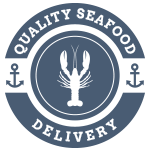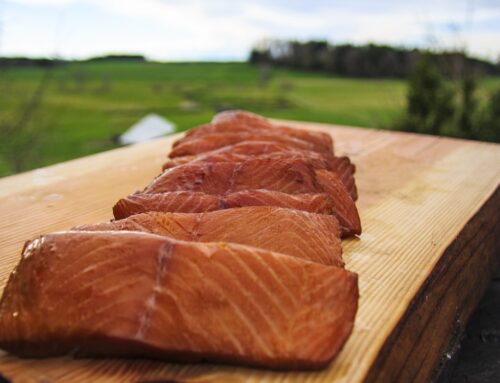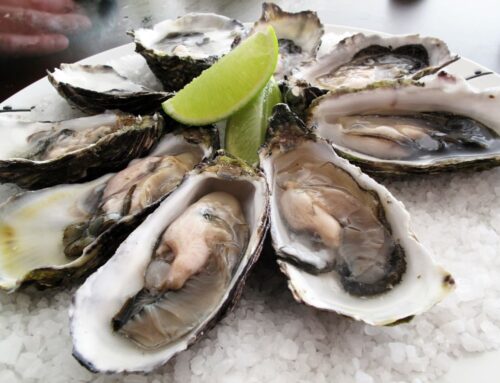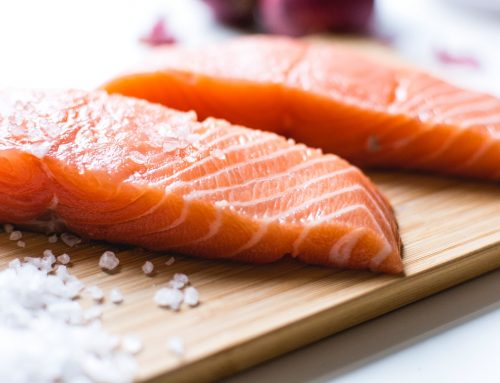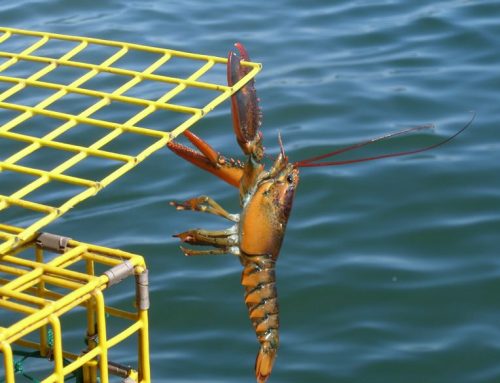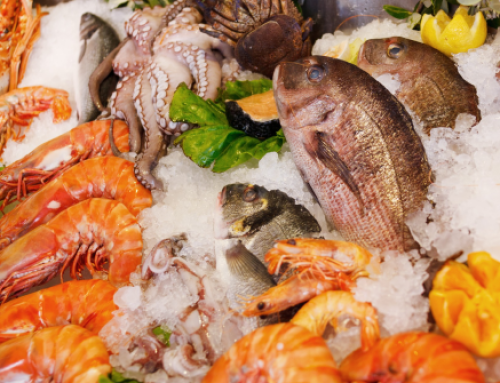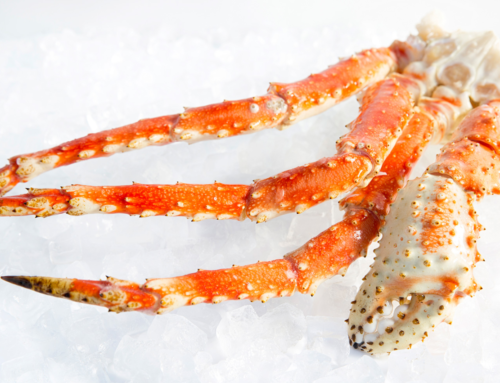Lobsters are being caught at near-record levels, but the preferred bait is becoming too scarce and expensive to remain sustainable. The lobster industry will face many hurdles in the coming year, but the most devastating may be the smallest, physically speaking. Amid changes to gear rules and whale protection laws, lobstermen are focusing on a more acute problem: major cutbacks in the quota of herring, resulting in a serious shortage of lobster bait.
According to the Bangor Daily News, a lowered quota of crucial herring bait fish could ripple across the industry. These cutbacks, imposed by the federal government, are the result of the species’ inability to reproduce in sustainable numbers in 2017. Patrice McCarron, the executive director of the Maine Lobstermen’s Association, told the newspaper that Maine fishermen face a shortage of some 50 million pounds of bait.
Herring bait fish are the most abundant and commercially important fish species in shallow, temperate North Pacific and North Atlantic waters. Adult herring are harvested for their flesh and eggs, but they are used most often as bait fish. The herring trade is an important sector of many national economies; in Europe, the fish is often called the “silver of the sea” due to its significance in trade.
Maine fisherman are used to catching herring in fisheries during the summer and fall, but this will change under the new quotas. McCarron cited an 86 percent reduction to that source of bait, meaning much of the bait for an entire season will likely be caught in just a single week. In a recent survey within the Maine Lobstermen’s Association, 82 percent of the group’s members said the bait shortage could lead to an economic crisis in the industry, with fishermen in remote locations facing the most trouble.
McCarron has predicted that bait prices will skyrocket when the lobster season starts up in the late winter and early spring.
With these cuts, fishermen and lobstermen will need to get creative with their sourcing and baiting. Some lobstermen already use other fish, like menhaden, pogies, and frozen bait, as well as rockfish. State officials are also looking out for new bait sources, such as frozen menhaden from the Gulf of Mexico, certain types of carp, and even mink hides.
While these creative solutions may alleviate the bait shortage, they could put an additional financial strain on lobstermen, who will need to pay more for these alternatives. Fishermen and lobstermen will see the most hardship from this federal regulation, but that cost will also be passed onto lobster lovers. The cost per pound is expected to rise to meet the financial needs of lobstermen.
- (AP Photo/Robert F. Bukaty, File)
Take note of our Affiliate Relationships that may exist with this page and companies listed on it.
